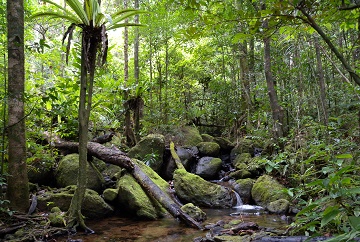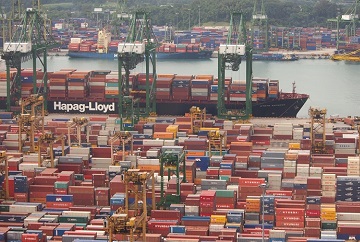-

NGO Demands World Bank's Adoption of BHR Agenda
December 19, 2017
As part of the ongoing campaign by activist groups to force international development banks to abide by principles of the business and human rights (BHR) agenda, Human Rights Watch has criticized a new framework from the World Bank on mitigating its projects' social and environmental harms for not including "internationally agreed upon human rights standards."
-

ISO Releases Guidance on "Sustainable Procurement"
December 19, 2017
An article from the International Organization for Standardization (ISO) outlines the ISO's guidance on "sustainable procurement," which provides a strategy for organizations around the world to embed "sustainability principles" into their procurement processes and to encourage the production of "environmentally friendly" products throughout supply chains.
-

Lawyers Propose Fund for Accessing BHR Remedies
December 19, 2017
The civil society network Lawyers for Better Business is facilitating a proposal by a group of lawyers to create an Access to Remedy Fund, financed by private entities and individuals, that will seek to build and bolster institutions around the world to provide remedies for alleged victims of violations of the business and human rights (BHR) agenda.
-

NGOs Push UN Rights Chief on Israeli Database
December 19, 2017
A group of nongovernmental organizations has published an open letter to the UN High Commissioner for Human Rights pushing him to "promptly release" a database that would operate as a blacklist for corporations accused of operating in Israeli settlements in "Occupied Palestinian Territory."
-

FIFA Adopts BHR Agenda in Bidding Guidelines
December 19, 2017
In response to recent pressure on the global sports body to adopt the business and human rights (BHR) agenda, the International Federation of Association Football (FIFA) has included in its guide to bidding for the 2026 FIFA World Cup provisions on "principles of sustainable event management and human rights protection."
Copyright 2026 Global Governance Watch. All Rights Reserved.
A project of The Federalist Society for Law & Public Policy Studies